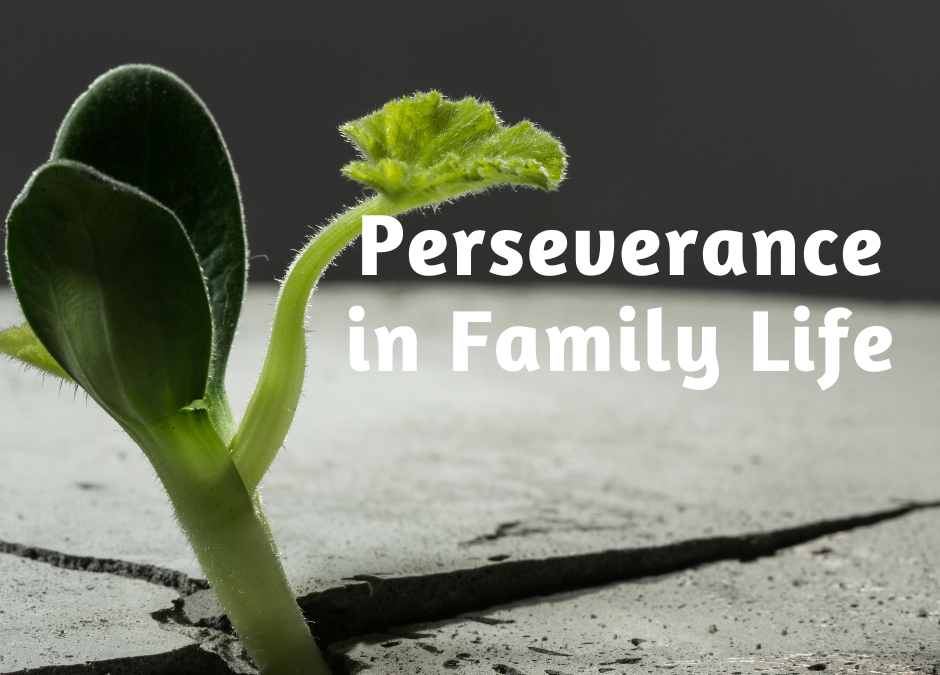
Practical Applications of Moderation in a Spousal Relationship
Hello, amazing parents and couples! Today, we’re diving into the vital virtue of moderation and how it can help us build lasting, loving relationships as partners in parenting. Moderation, the practice of balancing our actions and emotions, can profoundly impact our relationships, bringing harmony and stability to our family life. Let’s explore how moderation can strengthen our spousal relationships and positively affect our family and children.
The Essence of Moderation in Relationships
Moderation is about finding a healthy balance in all aspects of life, which is particularly important in our relationships. As parents, we often juggle multiple roles and responsibilities, sometimes leading to extremes—either overcommitting or neglecting our relationship with our partner. We can maintain a balanced, supportive, and loving partnership by practicing moderation.
Practical Applications of Moderation in a Spousal Relationship
1. Balancing Time Together and Apart
Spending quality time together is crucial for maintaining a solid relationship, but respecting each other’s need for personal space is equally important. Striking a balance between togetherness and independence allows both partners to grow individually while nurturing their bond.
Example: Plan regular date nights to reconnect and enjoy each other’s company. Encourage each other to pursue personal interests and hobbies, providing space for individual growth.
Practical Tip: Create a shared calendar to schedule date nights and personal time. This helps ensure that both partners have opportunities to connect and recharge.
2. Effective Communication
Moderation in communication involves listening as much as speaking. It’s about expressing your thoughts and feelings while being receptive to your partner’s perspective. Balanced communication fosters mutual understanding and respect.
Example: During discussions, practice active listening by giving your partner your full attention, paraphrasing what they’ve said, and responding thoughtfully.
Practical Tip: Set aside regular times for open, honest conversations without distractions, such as during a weekly check-in or a daily walk.
3. Sharing Responsibilities
A balanced distribution of household and parenting responsibilities prevents burnout and resentment. Moderation in sharing tasks ensures that both partners contribute equally, promoting teamwork and mutual support.
Example: Create a list of household chores and parenting duties, then divide them based on each partner’s strengths and availability.
Practical Tip: Regularly reevaluate and adjust responsibilities to ensure the workload remains balanced and fair.
4. Managing Conflicts
Conflicts are inevitable in any relationship, but handling them with moderation can lead to healthier resolutions. This means avoiding extreme reactions—such as shutting down or escalating the argument—and approaching conflicts with calmness and a willingness to compromise.
Example: When disagreements arise, take a break if emotions run high, then return to the conversation with a focus on finding a mutually beneficial solution.
Practical Tip: Establish ground rules for conflicts, such as no name calling or bringing up past issues, to keep discussions respectful and productive.
5. Balancing Expectations and Reality
Having realistic expectations is key to a balanced relationship. It’s essential to recognize that neither partner is perfect and that both will make mistakes. Practicing moderation means appreciating each other’s efforts and maintaining a forgiving attitude.
Example: Celebrate small achievements and milestones in your relationship rather than focusing solely on large goals or perfection.
Practical Tip: Practice gratitude by regularly expressing appreciation for your partner’s contributions, big and small.
The Impact of Moderation on Family and Children
When parents practice moderation in their relationship, it sets a powerful example for their children. Children learn by observing their parents, and a balanced, respectful partnership provides a model for healthy relationships. Here’s how moderation in a married relationship benefits the entire family:
1. Creates a Stable Environment: A balanced partnership fosters a stable, supportive home environment where children feel secure and loved.
2. Teaches Healthy Relationship Skills: By observing their parents, children learn essential relationship skills such as effective communication, conflict resolution, and mutual respect.
3. Promotes Emotional Wellbeing: A harmonious relationship between parents contributes to the family’s emotional well-being, reducing stress and promoting happiness.
4. Encourages Teamwork: When parents work together as a team, it shows children the value of cooperation and shared responsibility.
Overcoming Challenges to Practicing Moderation
Maintaining moderation in a relationship can be challenging, especially with the demands of parenting. Here are some common roadblocks and practical tips to overcome them:
1. Time Constraints: Busy schedules can make finding time for each other difficult. Prioritize your relationship by scheduling regular time together, even just a few minutes each day.
2. Stress and Fatigue: Parenting can be exhausting, making it hard to practice patience and moderation. Focus on self-care to maintain your energy and emotional balance.
3. Different Perspectives: Partners may have different ideas about balance and moderation. Communicate openly to find common ground and compromise when necessary.
4. External Pressures: Societal expectations and family pressures can challenge your approach to moderation. Stay true to what works best for your family and support each other in your choices.
Embracing moderation in your spousal relationship is essential for building a lasting, loving partnership. By balancing time together and apart, practicing effective communication, sharing responsibilities, managing conflicts calmly, and maintaining realistic expectations, you create a harmonious and supportive environment for your family. Remember, your relationship is a powerful model for your children, teaching them the importance of balance, respect, and teamwork. Let’s commit to practicing moderation in our relationships and watch our families flourish in harmony and love.
Joe is a husband, father, grandfather, author, speaker, educator, course creator, and parent/family coach.
He helps parents develop unity, find clarity, communicate, and develop consistency in their parenting with the Four C’s of Successful Families. You can find his work on social media.
In addition, the Four C’s newsletter is enjoyed by many as it encourages parents to self-care, build their relationships with their partners, and raise their children.
And he loves to golf!









